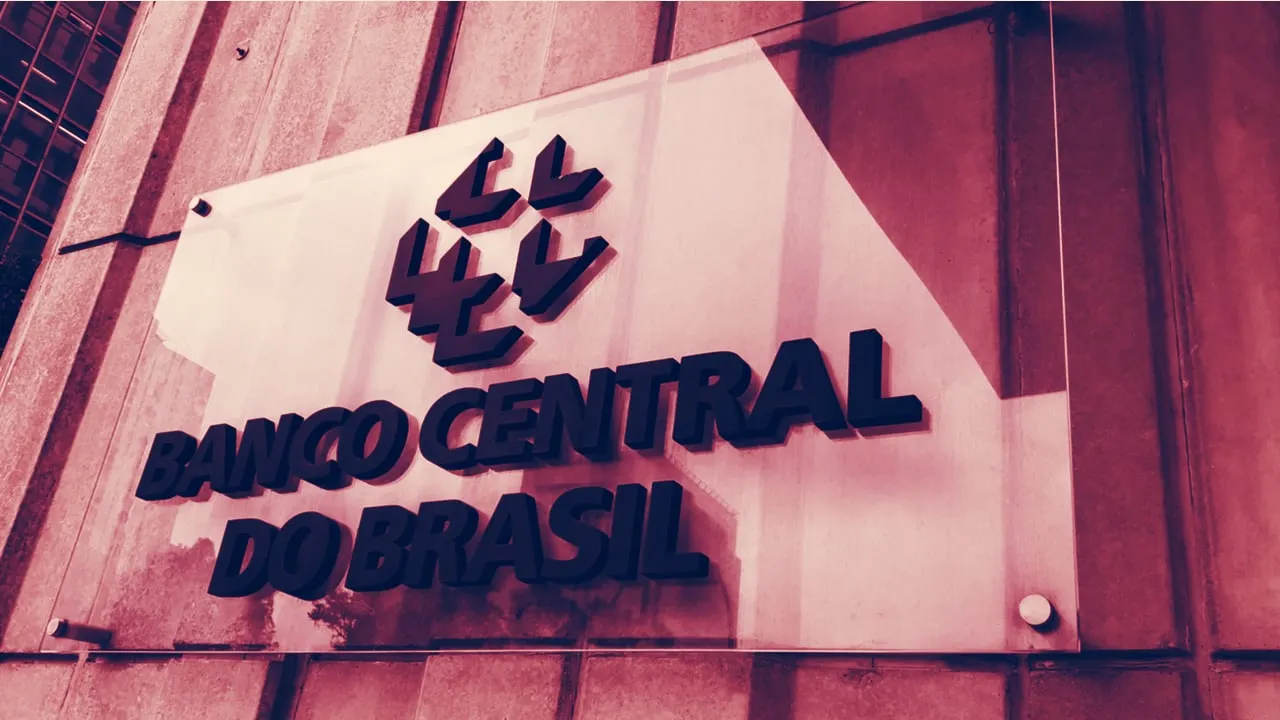In brief
- Brazil's central bank presidents said the country could release a central bank digital currency by 2022.
- The country's forthcoming PIX system already aims to speed up interbank payments and make them cheaper.
- PIX could form the backbone for a larger CBDC.
Brazilians may be opening a new chapter in their relationship with crypto and blockchain technologies.
According to the president of the Central Bank of Brazil, Roberto Campos Neto, the country could have the necessary conditions for implementing a central bank digital currency (CBDC) sometime during 2022.
Brazil has only recently begun formally studying the possibility of implementing a CBDC. On August 20, the Central Bank installed a study team to evaluate the idea.
However, the country has been working for quite a bit longer to update its banking infrastructure, developing a technology capable of processing interbank payments without a time limit, practically free and instantaneously.
This new system, PIX, which should be ready for implementation in November, could represent a major competitor to distributed ledger technologies, such as Ripple's ODL, which are looking to establish themselves in Brazil by enabling fast and cheap transactions.
Theoretically, at least, PIX could give way to a digital evolution of Brazilian money. In statements compiled by the Brazilian newspaper Correio Braziliense, Campos Neto stated:
"To have a digital currency, you need an instant payment system that is efficient and interoperable; an open system, where you can create competition; and a currency that has credibility, is convertible and international. This payment system could be the renowned PIX that is about to be launched. "
He continued: "After that, I think you've got all the ingredients to have digital currency. We think we'll have it by 2022."
The new CBDC could be considered a complement to PIX. The Central Bank has not made clear whether Campos Neto's words are hypothetical or based on a scenario that is actually being considered by financial authorities.
However, the expectations for PIX—and the subsequent economic revolution it could enable—are now higher than ever.

